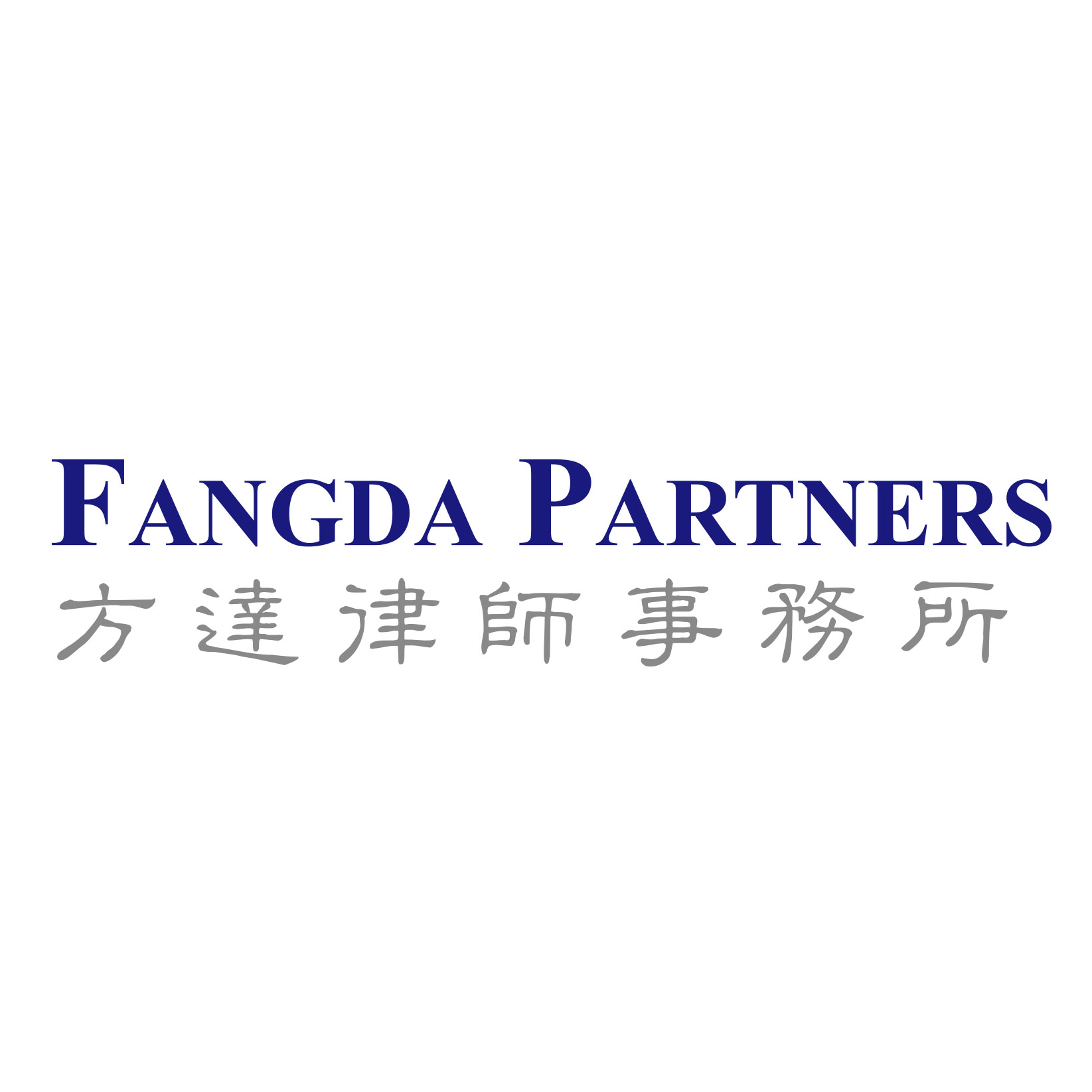Orphan Drugs & Rare Diseases
Fangda Partners / China
An intro to the legal situation for orphan drugs and rare diseases in China. Prepared in association with Fangda Partners, one of China’s most prestigious and well-regarded law firms. This is an extract from The Pharma Legal Handbook: China, which can be purchased here for GBP 99.
1. What is the definition of Rare Diseases in your country?
As of now, there is no definition of Rare Diseases in China. The List of Rare Diseases (罕见病目录) promulgated by the National Health Commission, the Ministry of Science and Technology, the Ministry of Industry and Information Technology, the NMPA and the Bureau of Traditional Chinese Medicine in 2018, and the Guidelines for Diagnosis and Treatment of Rare Diseases (2019 version) (罕见病诊疗指南(2019年版)) promulgated by the National Health Commission set out various rare diseases. But the two documents aforementioned are both for reference only, and have no legal binding effect.
2. Does the designation of ‘Orphan Drug’ exist in your country? (Does it correspond with the definition of Rare Diseases?)
The designation of “Orphan Drug” does not exist in China. In practice, it is generally believed that Orphan Drug means Drug for Rare Diseases.
3. What is the regulatory framework for the authorization of an Orphan Drug? (Is this regulatory framework based on Rare Disease status or can it alternatively be based on Orphan Drug foreign status?)
The fundamental legislation for the authorization of Orphan Drugs are the Administration Measures for Drug Registration (药品注册管理办法) and some implementing rules, such as the Announcement on Optimizing the Review and Approval of Drug Registration (关于优化药品注册审评审批有关事宜的公告) (hereinafter referred to as the “Announcement”) promulgated by the National Health Commission and the NMPA in 2018.
This regulatory framework is neither based on the Rare Disease status nor alternatively based on Orphan Drug foreign status. In general, all new drugs must go through four steps before being marketed: pre-clinical research, application for clinical trial, clinical trial and approval for drug registration and production.
4. Does your country have pro- visions for relaxed clinical trial/ scientific evidence requirements in respect of Orphan Drugs as compared to other drugs?
Yes. In the Announcement, it is provided that if the marketing authorization applicant of an imported drug considers that there is no ethnic difference as to the effectiveness of Orphan Drugs with foreign marketing authorization, such applicant can directly submit the clinical trial data obtained from abroad when applying for the PRC marketing authorization.
5. Is there an expedited pathway for Orphan Drugs?
Yes. When applying for PRC marketing authorization for an Orphan Drug, the applicant may apply for preferential evaluation and approval procedure: the time limit for evaluation of clinically urgently needed Orphan Drugs that have been marketed abroad but have not been marketed domestically is 70 days, much shorter than the 200-day time period required for general marketing authorization application.
6. Are foreign marketing authorizations recognized in your jurisdiction for Orphan Drugs? If yes, marketing authorizations from which countries are recognized?
Foreign marketing authorizations for Orphan Drugs are not recognized in China. But the applicant of an Orphan Drug with foreign marketing authorization can be entitled to the expedited application for PRC marketing authorization as described in Question 5 of this Exhibit.
7. Can Orphan Drugs be reimbursed? If so, is there a specific reimbursement procedure for Orphan Drugs?
Some Orphan Drugs listed in the Drug Catalogue of National Basic Medical Insurance, Industrial Injury insurance and Maternity Insurance (国家基本医疗保险、工伤保险和生育保险药品目录) (hereinafter referred to as the “Drug Catalogue”) by the National Medical Insurance Bureau, Ministry of Human resources and Social Security can mostly be reimbursed and covered by national medical insurance. There are no specific reimbursement procedures for Orphan Drugs.
8. How are the prices of Orphan Drugs regulated?
There is no regulation of the pricing of Orphan Drugs in China. Nonetheless, to enable more and more people with rare diseases to be able to have access to Orphan Drugs, the National Medical Insurance Bureau endeavors to negotiate and enter into agreement with PRC marketing authorization holders of the Orphan Drugs to help lower the price and to have the Orphan Drugs included in the Drug Catalogue. After the Orphan Drugs have been included in the Drug Catalogue, the prices of Orphan Drugs can be reimbursed (mostly) and covered by national medical insurance.
Although the inclusion in the Drug Catalogue will help to lower prices of Orphan Drugs, that also offers the opportunity for pharmaceutical companies to generate extra sales. That is the reason why some Orphan Drug pharmaceutical companies agree to include their Orphan Drug in the Drug Catalogue.
9. In case of reference price based on a basket of countries, what countries are included?
N/A.
10. Have there been any significant legal/judicial developments in relation to Orphan Drugs in your country?
We have seen more and more Orphan Drugs being included in the Drug Catalogue, making originally expensive drugs affordable to thousands of families. In addition, the expedited application for marketing authorization of foreign Orphan Drugs is now well established, which may lead to the marketing of more Orphan Drugs in China.
11. Are there proposals for reform or significant change to the regulation of Orphan Drugs? If yes, when are they likely to come into force?
In China, there is a proposal to pass an Orphan Drug Act similar to that of USA to incentivize pharmaceutical companies to develop Orphan Drugs. There is no specific timeline for the formulating and promulgation of PRC Orphan Drug Act.
























































